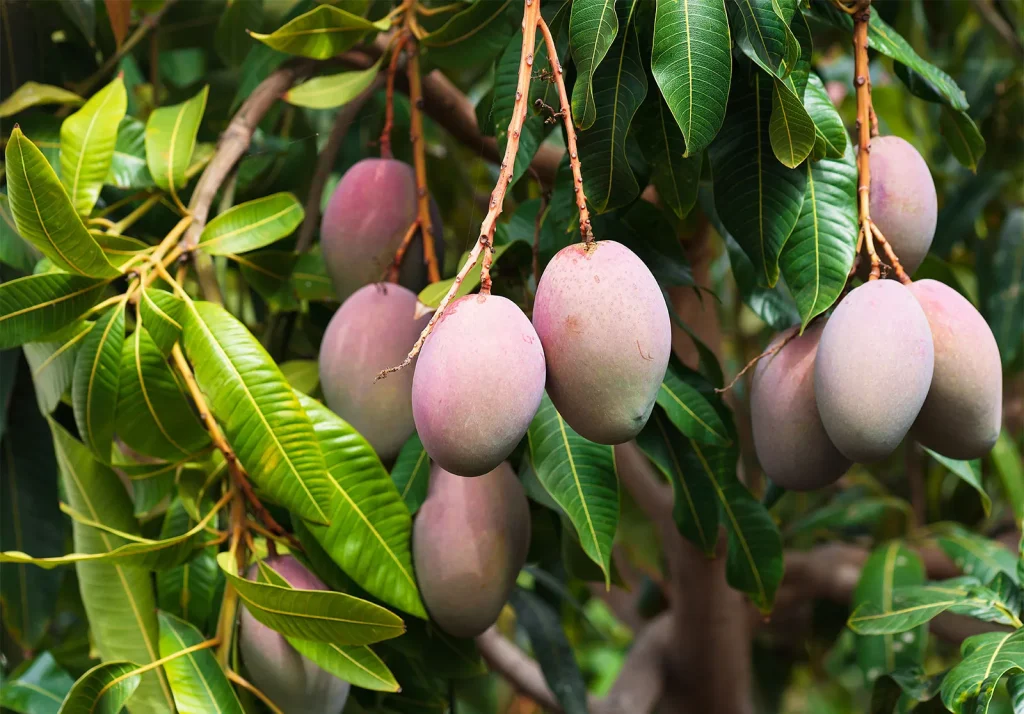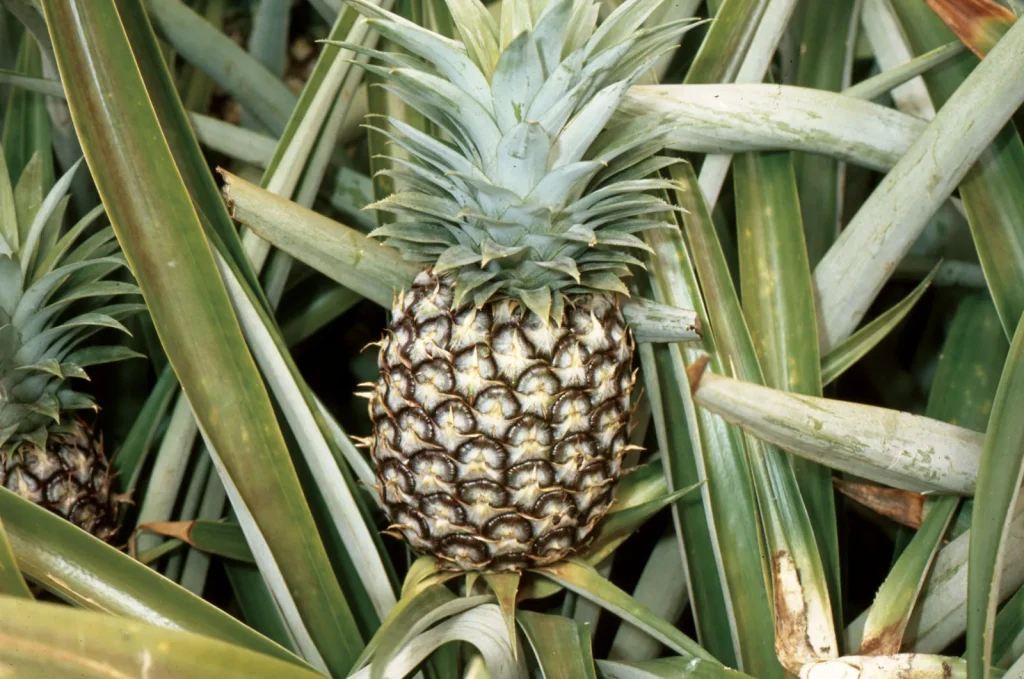Blackberries, with their dark purple hue and sweet-tart flavor, are one of the most beloved and versatile berries in the world. These tiny fruits are packed with nutrients, antioxidants, and a history rich in tradition. Blackberries grow wild across various regions, thriving in temperate climates and flourishing in gardens, forests, and along roadsides. The blackberry’s versatility, combined with its health benefits, makes it a favorite among fruit lovers, chefs, and health enthusiasts alike.
In this blog post, we’ll delve into everything there is to know about blackberries: their origin, nutritional profile, health benefits, culinary uses, and why they deserve a place in your diet.
A Brief History of Blackberries
Blackberries (Rubus fruticosus) have a storied history that dates back thousands of years. The plant belongs to the Rosaceae family, the same family as roses, raspberries, and strawberries. It is native to several parts of the world, including North America, Europe, and Asia. Historically, blackberries have been used not only as a food source but also for medicinal purposes. Ancient Greeks, Romans, and Native Americans prized blackberries for their purported healing properties, using various parts of the plant to treat ailments like gout, sore throats, and digestive issues.
During the 1800s, European settlers brought blackberry plants to the United States, where they quickly became a popular fruit crop. Over time, farmers developed various cultivated varieties of blackberries, improving their size, flavor, and resistance to pests.
Varieties of Blackberries
There are several different types of blackberries, each with its unique characteristics. They can be broadly categorized into three groups:
1. Trailing Blackberries
Trailing blackberries have long, slender canes that tend to spread along the ground. They require support, like a trellis, to keep the fruit off the ground. These varieties are often grown in warmer climates and are known for their juicy, flavorful berries.
2. Erect Blackberries
Erect blackberries have stiff, upright canes that can stand on their own without support. These are the most common type found in gardens and farms. They produce large, sweet berries and are relatively easy to grow.
3. Thornless Blackberries
Thornless varieties have become popular due to their ease of picking. These blackberries have all the delicious flavor of their thorny counterparts without the hassle of dealing with sharp thorns.
In addition to these categories, there are also hybrid varieties, such as the Boysenberry and Loganberry, which are crosses between blackberries and other berries like raspberries.
Nutritional Profile of Blackberries
Blackberries are often called “superfruits” due to their impressive nutritional content. A one-cup serving (about 144 grams) of blackberries provides:
- Calories: 62
- Protein: 2 grams
- Carbohydrates: 14 grams
- Fiber: 8 grams
- Vitamin C: 30% of the Daily Value (DV)
- Vitamin K: 36% of the DV
- Folate: 9% of the DV
- Manganese: 47% of the DV
Blackberries are also an excellent source of antioxidants, particularly anthocyanins, which give them their deep purple color. They also contain significant amounts of vitamins A and E, as well as trace minerals like magnesium, copper, and zinc.
Health Benefits of Blackberries
The dense nutrient profile of blackberries contributes to a range of health benefits, making them a valuable addition to any diet. Here are some of the most notable benefits:
1. High in Antioxidants
Blackberries are rich in antioxidants, particularly anthocyanins and polyphenols. These compounds help protect the body against oxidative stress, which can lead to chronic diseases like cancer, heart disease, and diabetes. Antioxidants neutralize free radicals, reducing inflammation and slowing down the aging process.
2. Boosts Immune System
The high vitamin C content in blackberries plays a crucial role in supporting the immune system. Vitamin C helps stimulate the production of white blood cells, which are essential for fighting infections. It also acts as an antioxidant, protecting immune cells from damage.
3. Supports Digestive Health
Blackberries are packed with dietary fiber, providing about 8 grams per cup. Fiber aids in digestion by adding bulk to stool and promoting regular bowel movements. It also helps prevent constipation and supports the growth of healthy gut bacteria, contributing to a balanced microbiome.
4. Promotes Healthy Skin
The vitamin C, vitamin A, and antioxidants found in blackberries are excellent for skin health. These nutrients help in the production of collagen, a protein that keeps skin firm and elastic. The antioxidants also help reduce signs of aging, such as wrinkles and fine lines, by fighting damage caused by UV rays and pollution.
5. Improves Brain Function
Research suggests that the antioxidants in blackberries may have neuroprotective effects, improving cognitive function and memory. The polyphenols found in blackberries can help reduce inflammation in the brain, potentially lowering the risk of neurodegenerative diseases like Alzheimer’s and Parkinson’s.
6. Supports Heart Health
The fiber, potassium, and antioxidants in blackberries contribute to heart health. Fiber helps lower cholesterol levels, while potassium aids in maintaining healthy blood pressure. The anthocyanins in blackberries can also help reduce inflammation and improve blood vessel function, reducing the risk of heart disease.
Culinary Uses of Blackberries
Blackberries are incredibly versatile in the kitchen and can be used in both sweet and savory dishes. Here are some popular ways to enjoy blackberries:
1. Fresh and Raw
One of the simplest ways to enjoy blackberries is to eat them fresh. They make a great snack on their own or can be added to fruit salads, yogurt, or oatmeal for a burst of flavor and nutrition.
2. Smoothies and Juices
Blackberries add a delicious, tangy sweetness to smoothies and juices. They pair well with other berries, bananas, and leafy greens. Blending blackberries into your morning smoothie is a great way to boost your fiber and antioxidant intake.
3. Baked Goods
Blackberries are a popular ingredient in baked goods, adding moisture and sweetness to muffins, cakes, pies, and cobblers. A classic blackberry pie or crumble is a perfect way to enjoy this fruit during the summer season.
4. Jams and Preserves
The high pectin content in blackberries makes them ideal for making jams, jellies, and preserves. Blackberry jam is a favorite spread on toast, pancakes, or scones. Making your own jam at home is a great way to preserve the taste of summer berries for months.
5. Sauces and Glazes
Blackberries can be cooked down to create sauces and glazes for savory dishes. They pair wonderfully with meats like pork, chicken, and lamb, adding a sweet and tangy flavor. A blackberry balsamic reduction can elevate a simple salad or grilled meat.
How to Grow and Harvest Blackberries
Growing your own blackberries can be a rewarding experience, especially since they are relatively low-maintenance plants. Here are some tips for cultivating blackberries:
- Planting: Blackberries thrive in well-drained, fertile soil with plenty of sunlight. They can be planted as bare-root plants or transplants in early spring or late fall.
- Watering: Consistent watering is essential, especially during the growing season. Blackberries require about 1-2 inches of water per week.
- Pruning: Pruning is crucial to maintain healthy plants and encourage fruit production. Remove dead or damaged canes and thin out older canes to allow for new growth.
- Harvesting: Blackberries are ready to harvest when they turn deep purple or black and are easy to pull off the stem. Picking them regularly encourages the plant to produce more fruit.
Conclusion
Blackberries are more than just a delicious summer treat; they are a powerhouse of nutrition and health benefits. From improving digestion to supporting heart and brain health, these tiny berries offer a wealth of goodness in every bite. Their versatility in the kitchen makes them a favorite ingredient for chefs and home cooks alike, whether used fresh in salads, baked in pies, or blended into smoothies.
Whether you pick them fresh from a wild bramble or buy them at your local farmers’ market, incorporating blackberries into your diet is a tasty way to boost your intake of essential nutrients. As a seasonal fruit, they remind us to enjoy the flavors of each season and to appreciate the natural bounty that nature provides. So the next time you bite into a plump, juicy blackberry, savor the sweet-tart taste and all the amazing benefits it brings to your health.


